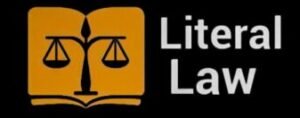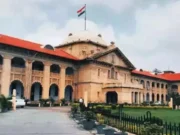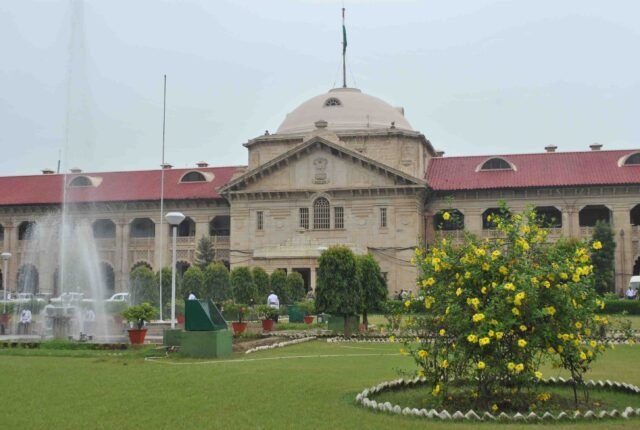Allahabad High Court Prohibits Unauthorized Photo Identification Fees by Bar Associations
In a landmark decision aimed at enhancing access to justice, the Allahabad High Court has ruled that no fees can be charged for photo identification on affidavits filed before the court, declaring such practices by Bar Associations as unlawful. The ruling, delivered by Justice Pankaj Bhatia in Writ-C No. 3389 of 2025 filed by M/s Rajdhani Inter State Transport Co., New Delhi, addresses long-standing concerns about unauthorized charges imposed by the High Court Bar Association and Oudh Bar Association.
The petitioner challenged the rejection of affidavits sworn before Notary Publics and the imposition of fees ranging from ₹400 to ₹500 for photo identification, a practice enforced without legal backing. The court found that these charges violated constitutional principles, particularly the right to access justice, and were not sanctioned by any law. The ruling emphasized that such fees disproportionately burden litigants, especially those from economically weaker sections.
The court clarified that affidavits notarized under the Notaries Act, 1952, are valid for filing, and the Registry must accept them without requiring in-person photo identification. Justice Bhatia criticized the practice of mandating litigants to travel to Allahabad or Lucknow solely for photo identification, calling it “retrogressive” in the era of Digital India. The court also noted that prior orders in PIL No. 55060 of 2015 and Writ-C No. 33750 of 2022 had restrained Bar Associations from charging ₹500, yet the practice persisted.
To address future compliance, the court warned that violations would invite contempt proceedings against the governing bodies of the Bar Associations and firms operating Photo Identification Centres. Additionally, the court suggested adopting digital verification methods, such as those used by the Kerala High Court, and referred the matter to the Chief Justice for potential rule amendments to streamline affidavit processes.
This ruling is a significant step toward removing financial and procedural barriers for litigants, ensuring justice is more accessible across Uttar Pradesh. The writ petition will continue on its merits, with further hearings to address related issues.
For more legal updates, visit Literal Law.










